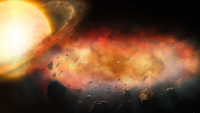
A mystery object is holding this 120 million-mile-wide cloud of vaporized metal together
"Stars like the sun don’t just stop shining for no reason."

By Jamie Carter published
Here's why a pair of binoculars is your best option for stargazing as a beginner.

By Kenna Hughes-Castleberry published
Leaders from NASA's Johnson Space Center and NASA astronaut Jessica Watkins helped turn a Texans home game into a pop-up space expo.

By Hanneke Weitering last updated
Happy birthday, Glenn Research Center!
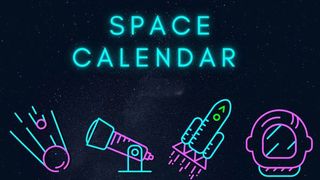
By Space.com last updated
Reference Keep up with all the rocket launches, astronomical events and mission milestones for 2026 with our space calendar.
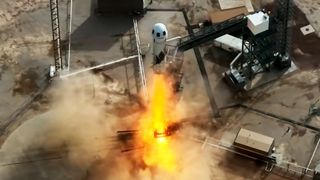
By Mike Wall published
Blue Origin launched six people to suborbital space today (Jan. 22). It was the 17th human spaceflight for the company, which was founded by Amazon's Jeff Bezos.
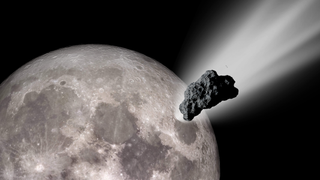
By Keith Cooper published
The findings are a big clue as to why the far and near hemispheres of the moon look so different.
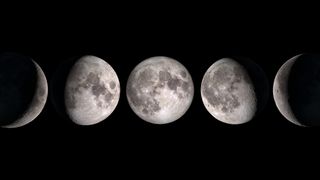
By Tariq Malik, Daisy Dobrijevic last updated
Reference See what moon phase it is tonight and find out when you can see the rest of the moon phases for 2026.
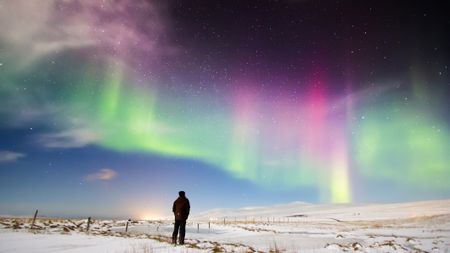
The latest aurora forecast for tonight help you make sure you're in the right place at the right time to see the northern lights.
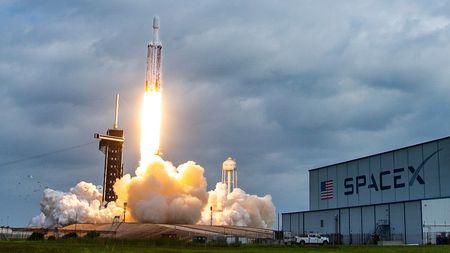
Follow Space.com's rocket launch blog for the latest on when the next rocket launch will be and how to follow it live.
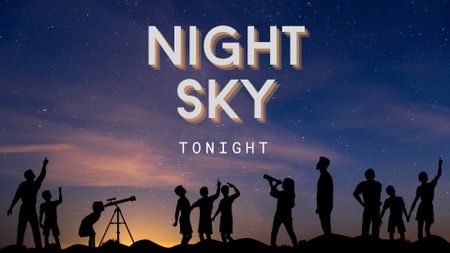
Find out what you can see in the night sky for tonight, from planets and stars to dazzling meteor showers.
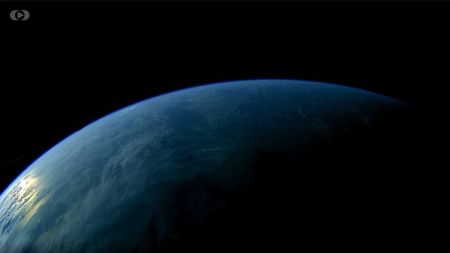
Witness live views of Earth from the International Space Station as it orbits the planet. Space streaming company Sen is broadcasting 24/7 from the ISS in beautiful 4K HD.
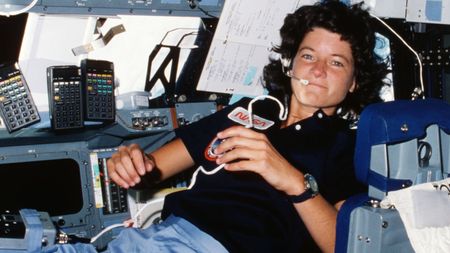
NASA astronaut Sally Ride became the first American woman in space aboard the space shuttle Challenger.
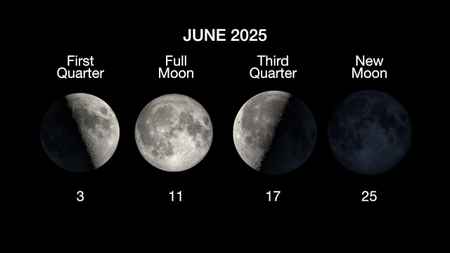
See what moon phase it is tonight and find out when you can see the rest of the moon phases for 2025.
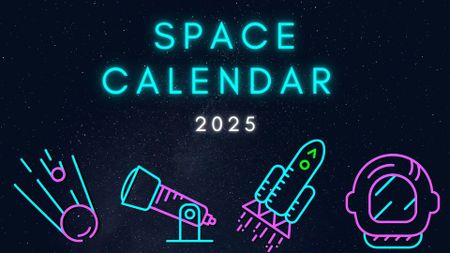
Keep up with all the rocket launches, astronomical events and mission milestones for 2025 with our space calendar.
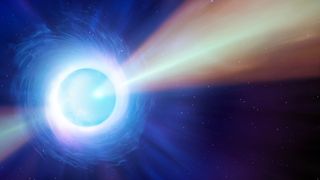
By Sharmila Kuthunur published
Tiny delays in pulsar signals measured by SETI scientists could aid the search for gravitational waves and extraterrestrial life.
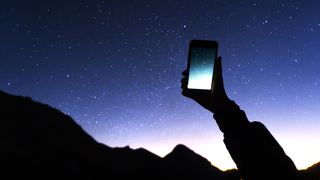
By Jase Parnell-Brookes last updated
Buying Guide Looking for the best stargazing apps to learn about the night sky? We've rounded up our favorites right here.
Please login or signup to comment
Please wait...